European Salt Action Network restates support for WHO goal of reducing salt intake to 5 g per day or less
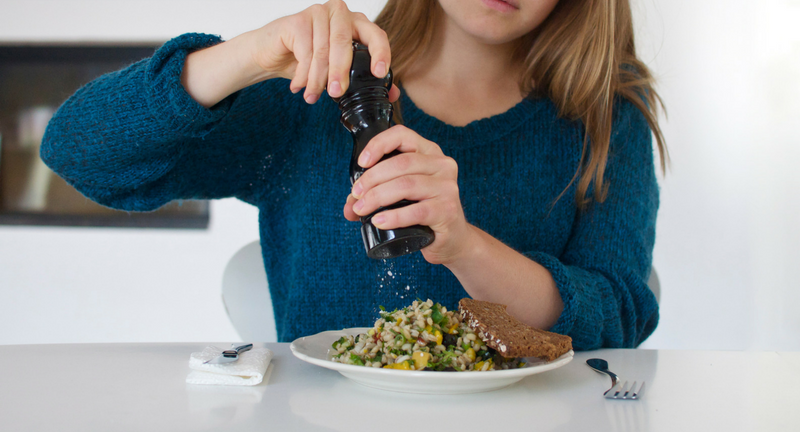
The WHO European Salt Action Network (ESAN) released a statement in support of population approaches for salt reduction to prevent cardiovascular diseases. The statement was issued in light of recent publications that have created controversy by questioning the guideline set by the WHO towards a salt intake of 5g per day or less. The statement by […]
A first STEP for Iran to measure national salt intake
A preliminary indication of national salt intake levels in Iran was gained through the 2016 WHO STEPwise survey conducted on a nationally representative survey, which included collection of spot urine samples (n= 18,624). Rezaei S et al reported on these findings, publishing in the Journal of Hypertension in July 2018. Mean salt intake was 9.52 […]
Evaluation of Samoa’s National Salt Strategy: What interventions can be successfully replicated in lower-income countries?
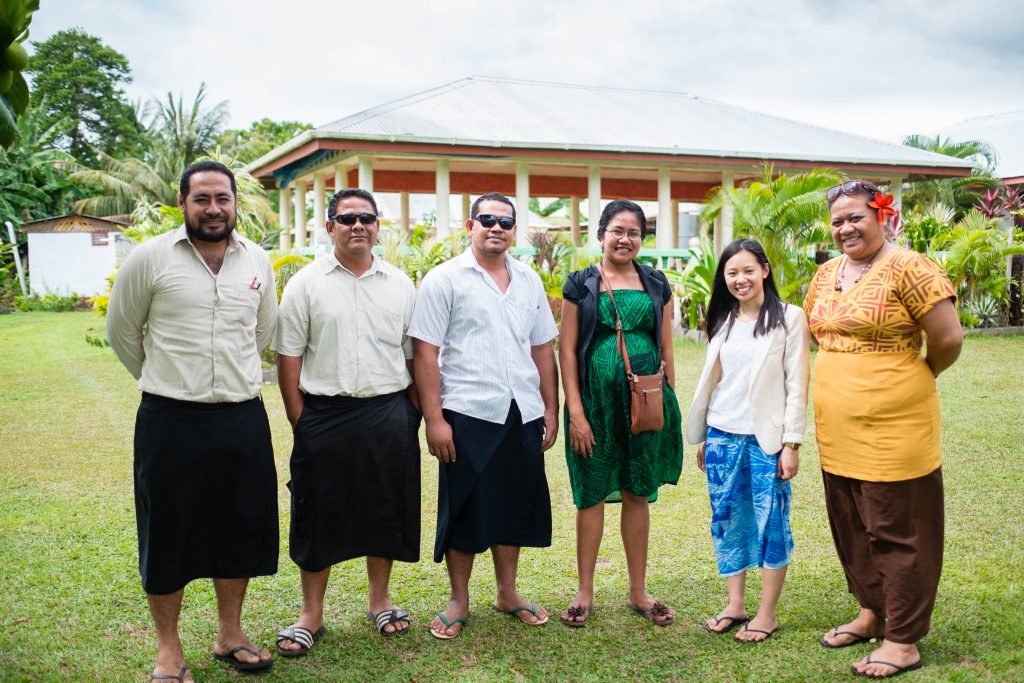
Trieu K et al conducted a process evaluation of a national salt reduction strategy implemented in Samoa, investigating the reach, dose/adoption, fidelity, cost and context of implemented programs over the course of 18 months. The strategy consisted of awareness campaigns, community mobilization and policy and environmental changes. Data for the process evaluation was routinely collected […]
Action on Salt China
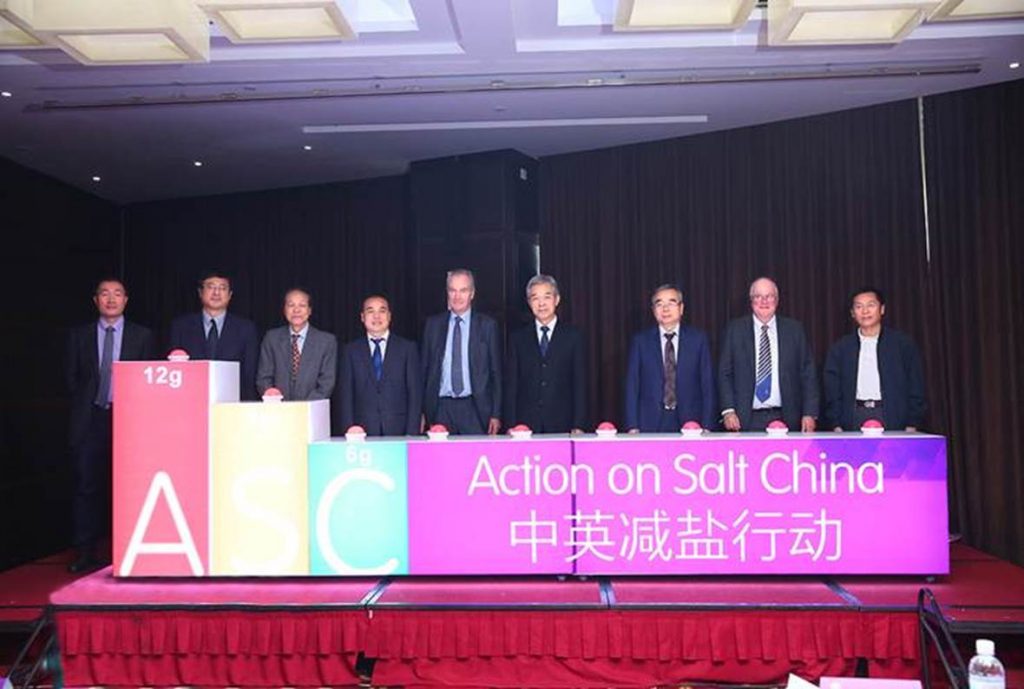
The prevalence of hypertension and stroke in China is among the highest in the world, making salt reduction a public health priority. Given this, the George Institute for Global Health and Queen Mary University of London have joined with Chinese health authorities including the Chinese Centre for Disease Control and Prevention, Chinese Centre for Health […]
Using dietary intake modelling to achieve population salt reduction- World Health Organisation Europe

The WHO Europe office have released a policy brief as a guiding document for countries to identify specific sources of salt in the diet, assessing the contribution to overall salt intake by a Salt Reduction Model. This process will allow countries to come up with targeted salt reduction interventions. The 5 steps to creating a […]
Food industry in Canada fail to meet salt reduction targets
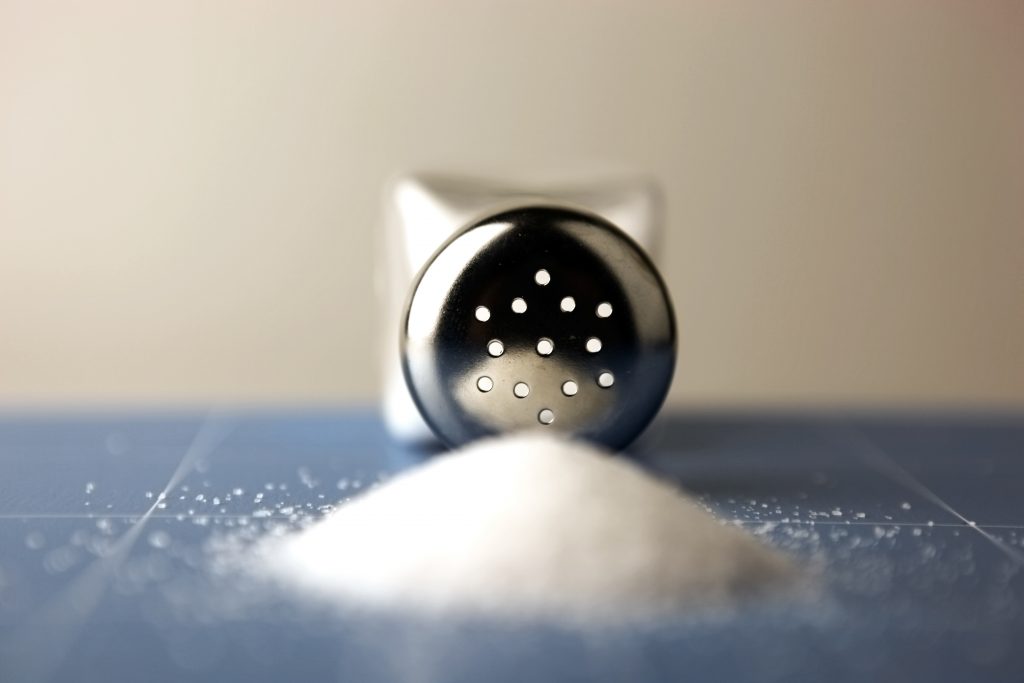
Voluntary targets for sodium in various processed foods were introduced by the federal government (Health Canada) in Canada four years ago. These targets focused on 94 food categories within processed foods, aiming to reduce average sodium intake to 2,300mg in a two year period, yet in an evaluation of 10,000 products within the 94 food […]
Making sure all Australians have access to the care they need: response to Australia’s Federal Budget

“The George Institute welcomes the increased investment in the health system and in preventative health care so all Australians have access to the care they need. “Health Care Homes, a national opt-out My Health Record, cheaper medicines and new approaches to funding healthcare are integral to an equitable and 21st century health system. “Encouraging prescriptions […]
Salt Summit held in India to discuss national salt reduction strategy
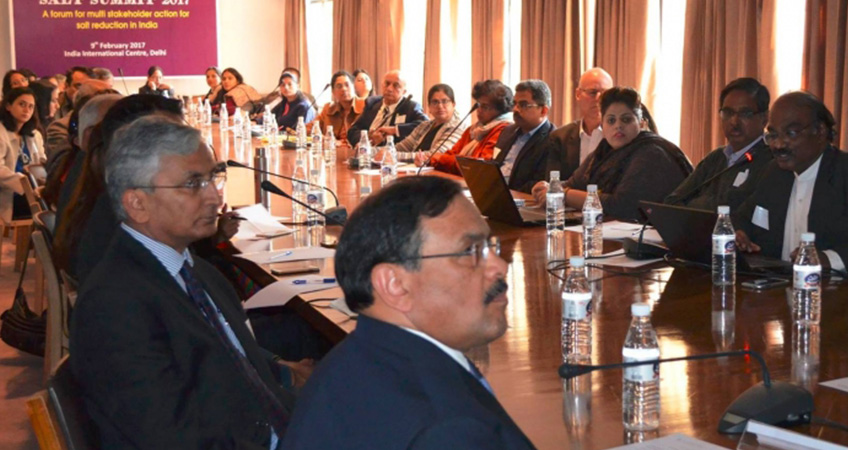
The George Institute for Global Health, in association with Arogya World, organized a Salt Summit in Delhi, India on 9 February 2017. The forum was attended by key representatives from government, food industry, academia, research organizations, community and media. It brought out recommendations and action steps for reduction of salt consumption and development of a […]
Salt reduction consultation meeting in South Africa

In September 2016, a high-level salt reduction consultation meeting was held in Cape Town, South Africa to discuss progress, challenges and the next steps for the country’s salt reduction strategy. The meeting was attended by 25 key participants from government, non-government organizations, universities and research organizations. To read the full report of the meeting, click […]
Vanuatu province declares war on junk foods
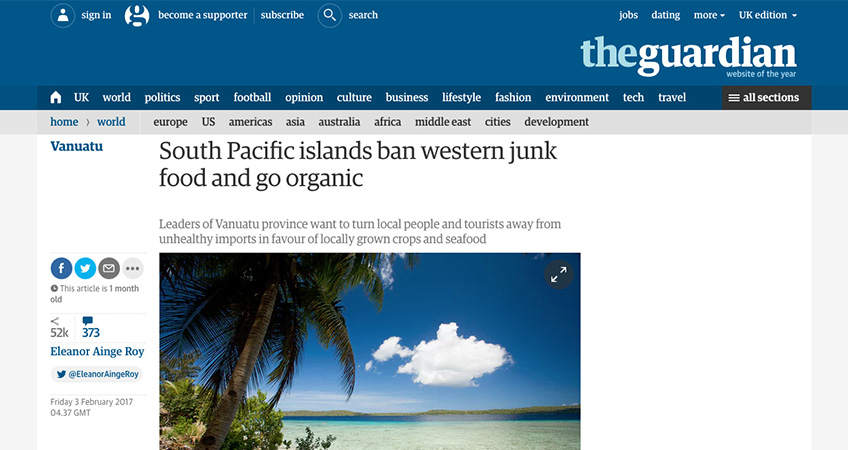
Vanuatu’s northern Torba province had imposed a ban on foreign junk foods in an effort to protect the health of its people. The head of the local tourism council, Father Luc Dini, has ordered the province’s bungalows and local stores to serve only locally-grown, organic products. Dini also plans to introduce legislation within the next […]